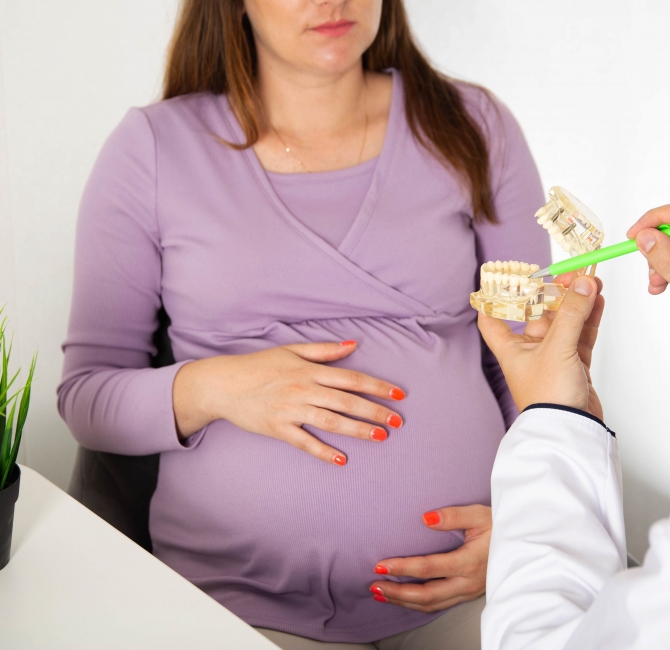Key messages
- Implementation of social media interventions positively influenced multiple aspects of oral health among the public.
- Social media platforms can serve as an effective tool for oral health promotion by enhancing knowledge transfer and content accessibility.
Introduction Social media platforms are common means of sharing information, personal experiences, and lifestyle. They may also be a cost-effective way for individuals to acquire health information and promote oral health. While there have been several studies investigating the impact of social media on dentistry, there is limited information on the effectiveness of social media in preventing diseases and promoting oral health among the general public.
Objective To systematically review the current literature on the interventions taken through social media for promoting oral health.
Methods This systematic review followed the preferred reporting items for systematic reviews and meta-analyses (PRISMA) 2020 guidelines. A comprehensive search was conducted in four electronic databases (PubMed, Scopus, Embase, and Cochrane Library) for relevant articles published between 2012 and 2023.
Findings Ten studies met the inclusion criteria (seven randomized control trials, one field trial, two quasi-experimental). Various social media platforms, such as Instagram, YouTube, WhatsApp, Snapchat, and Telegram, were used for client communication. Some studies solely used social media interventions, while others combined online and traditional interventions. The quality assessment categorized 30% of the studies as “strong,” 50% as “moderate,” and the remaining as “weak.”
Conclusions Although social media offers efficiency and convenience for oral health prevention and promotion, its use is not yet widespread. While social media can enhance knowledge transfer and improve content accessibility, the success of interventions depends on evidence-based approaches and individual participation. Online platforms such as Facebook, YouTube, WhatsApp, and Instagram can serve as appropriate tools for these interventions due to their popularity among global users. However, it is important to note no single method or platform can be deemed universally suitable for all regions. Nonetheless, audio-visual platforms may be more effective than text-based social media in promoting oral health.
Given the integration of social media and new technologies into people’s lives, the significance of these tools in shaping oral health behaviours is undeniable. User-generated content and participatory engagement strategies will enable a more inclusive and collaborative approach to oral health promotion. Collaborations between oral health professionals, organizations, and social media influencers will amplify credibility and reach. However, these advancements have ethical considerations, requiring vigilance to combat misinformation and adhere to privacy regulations. Future studies should investigate unexplored areas to gain insights into the intersection between social media and oral health promotion.



